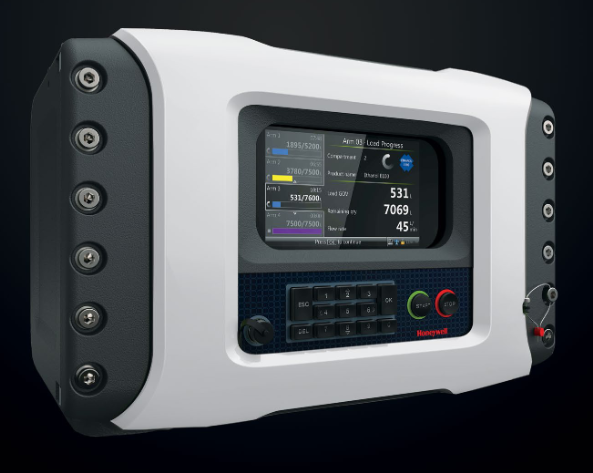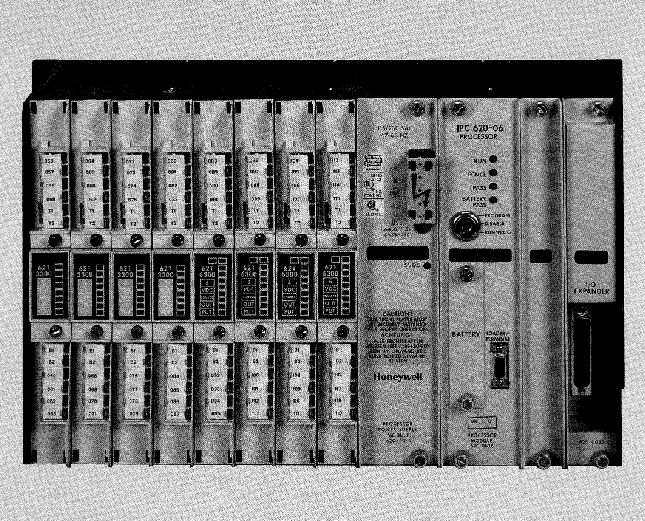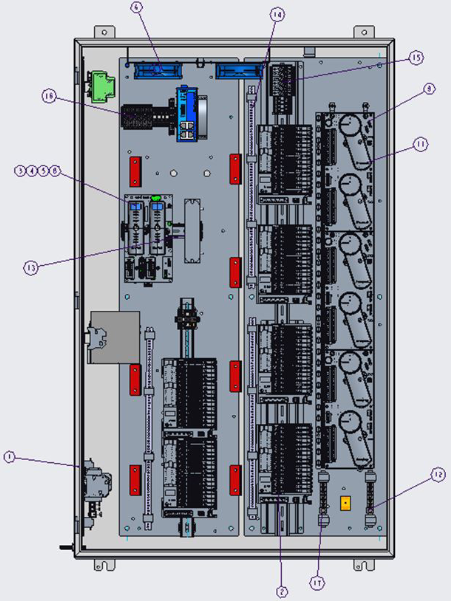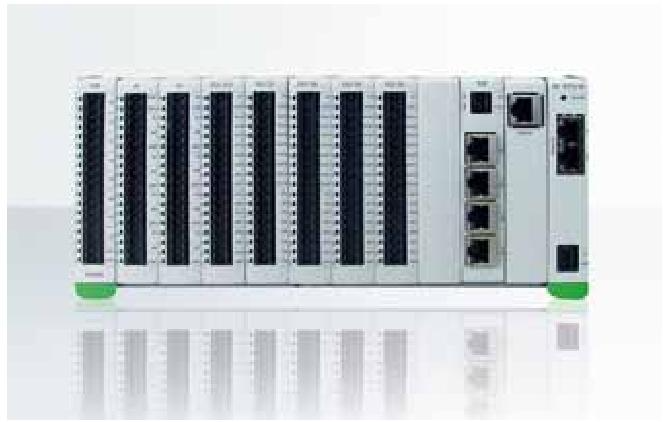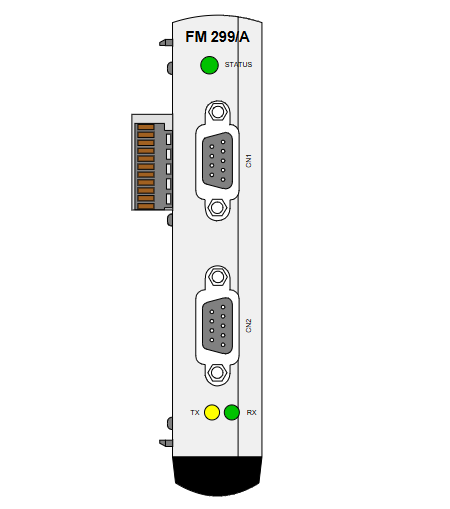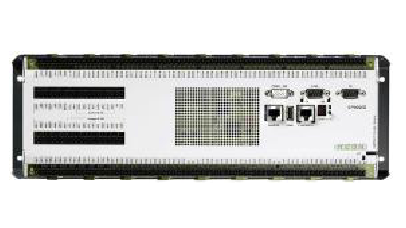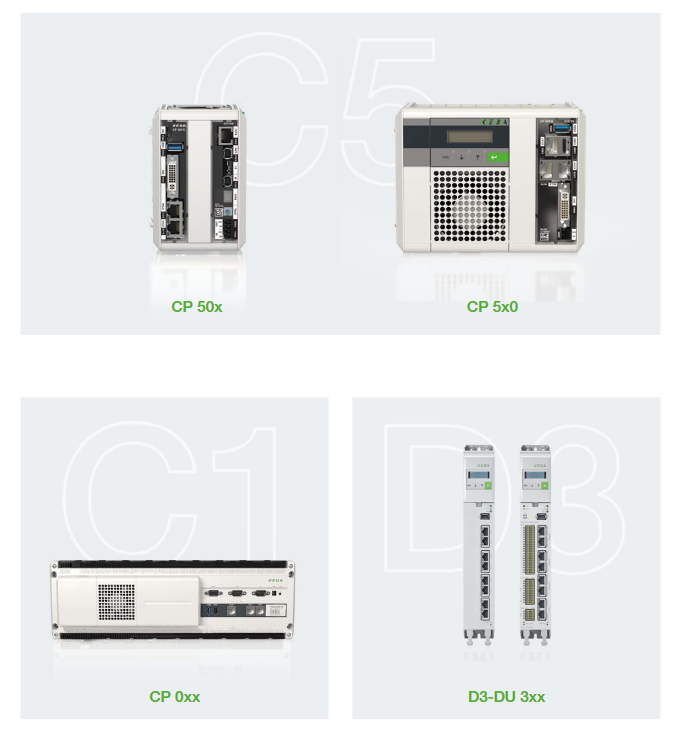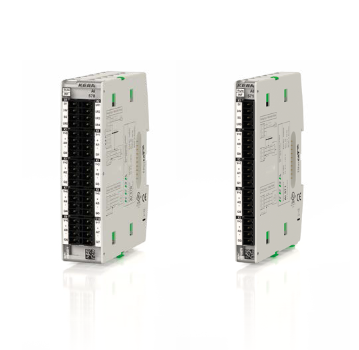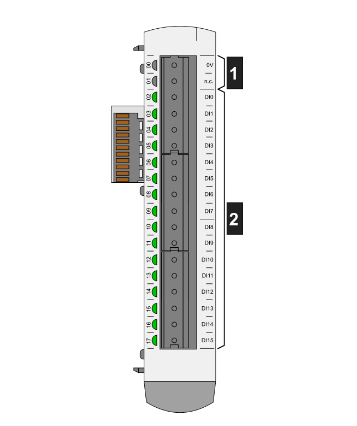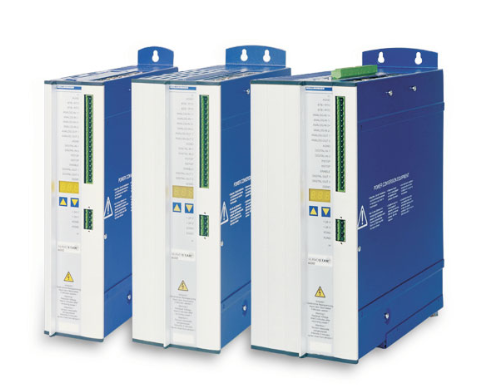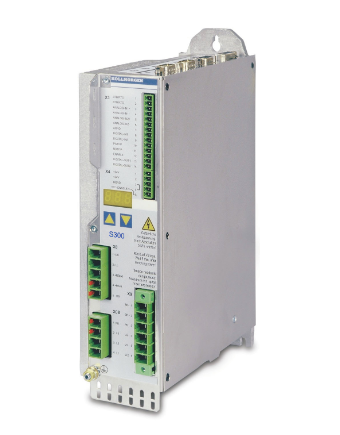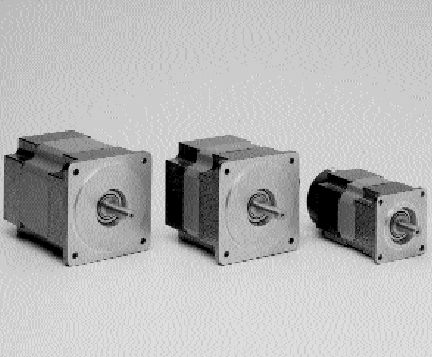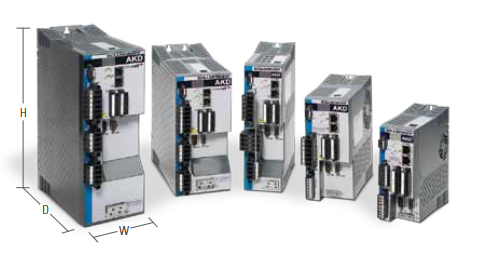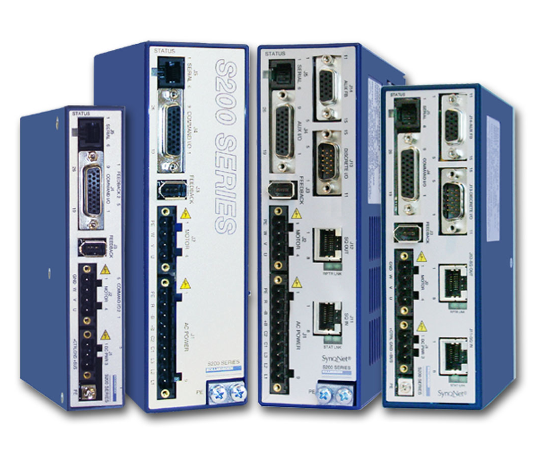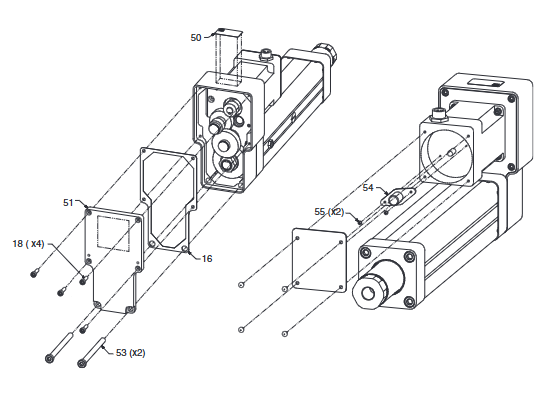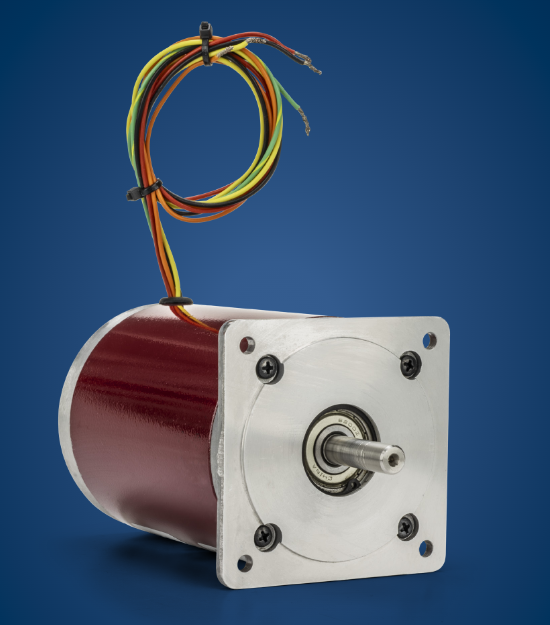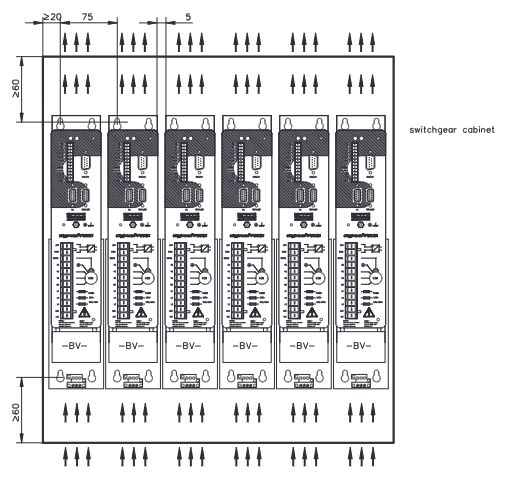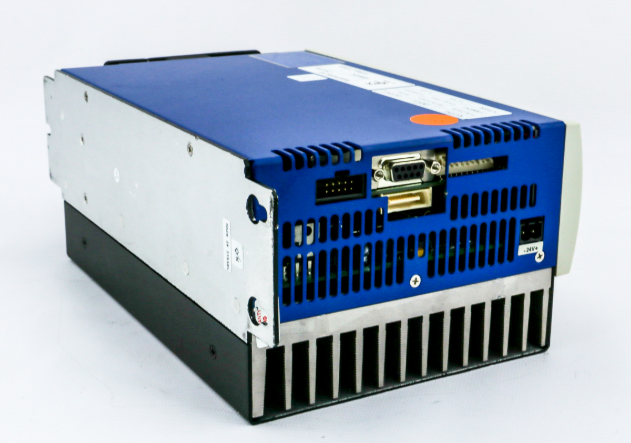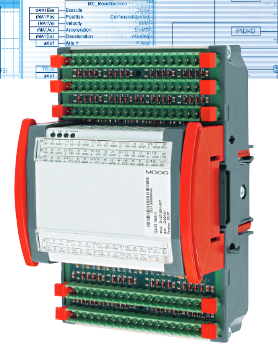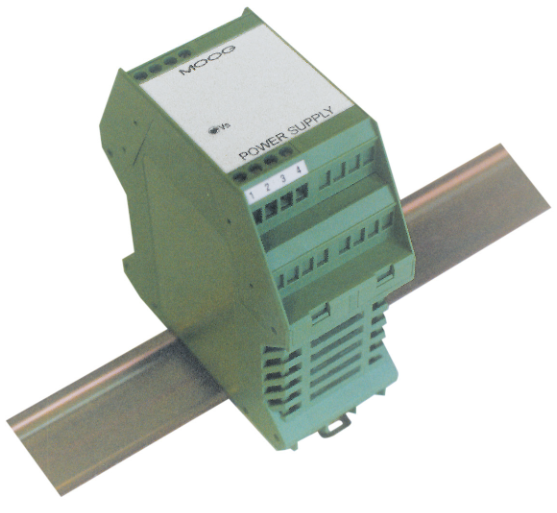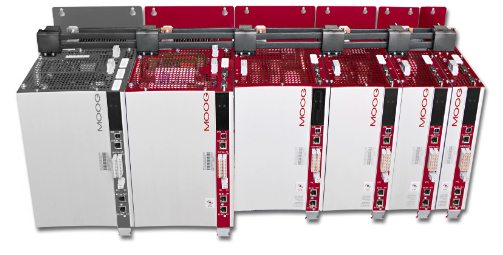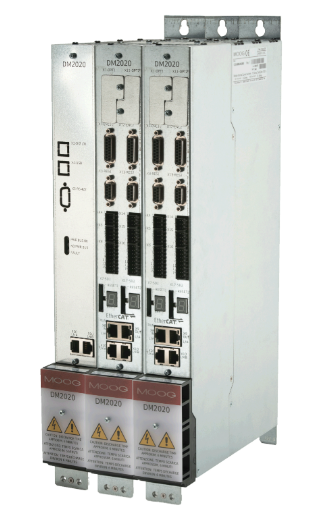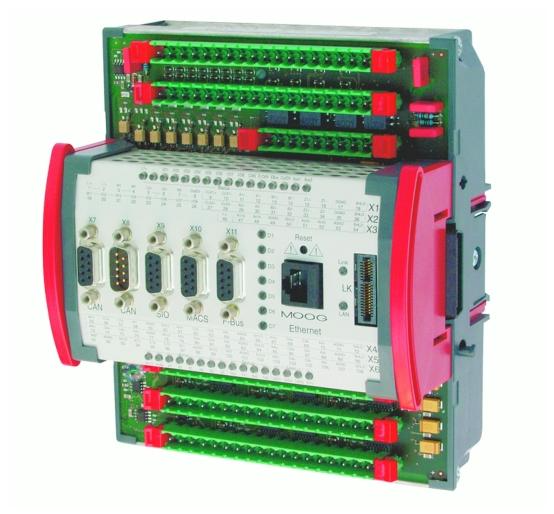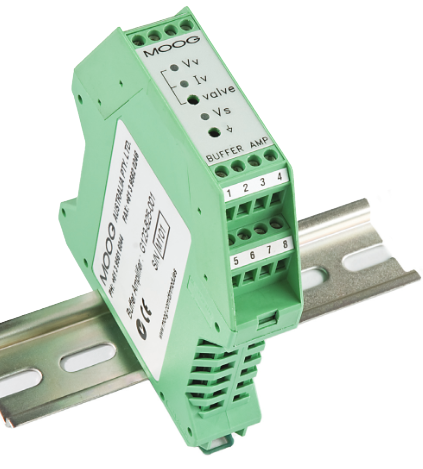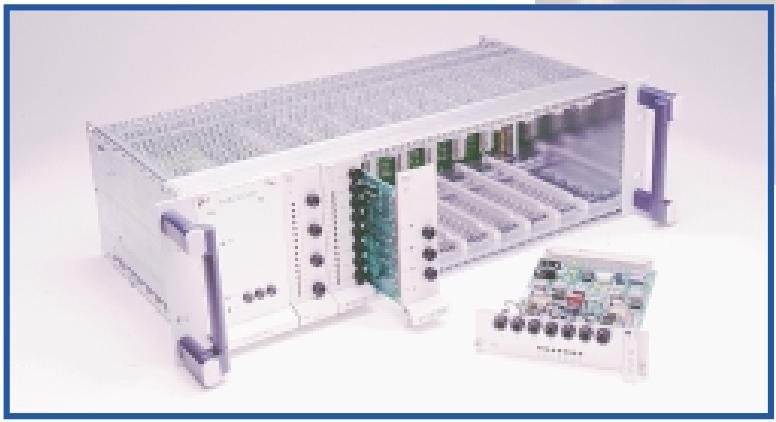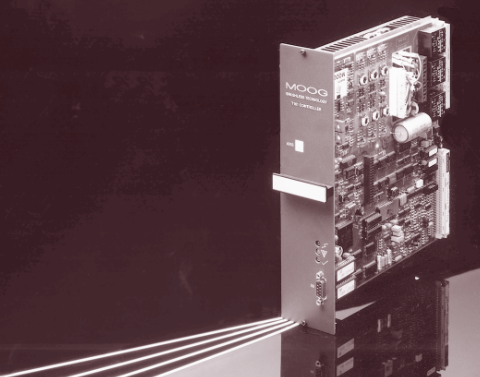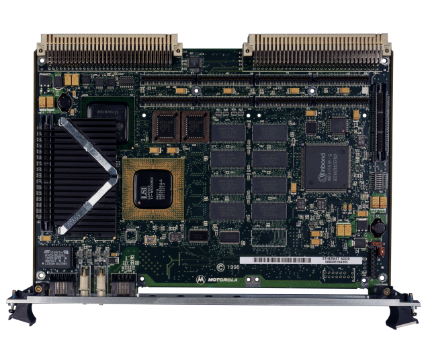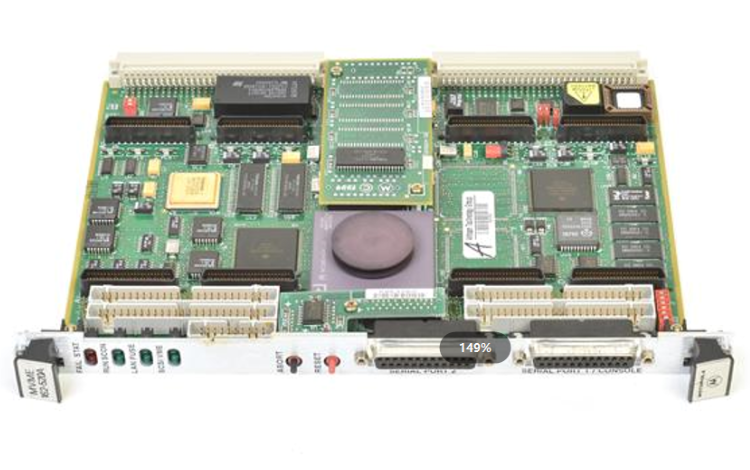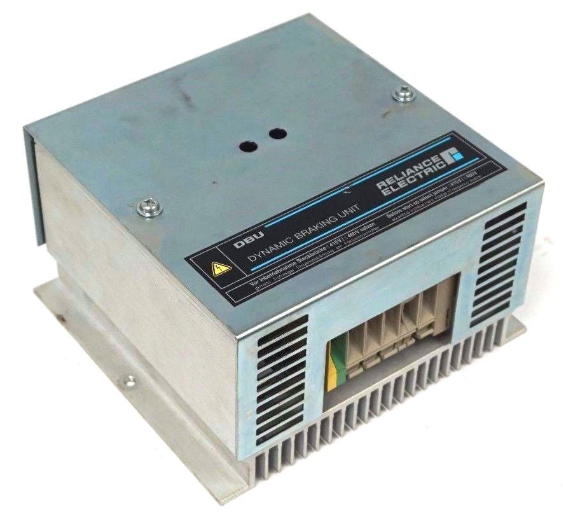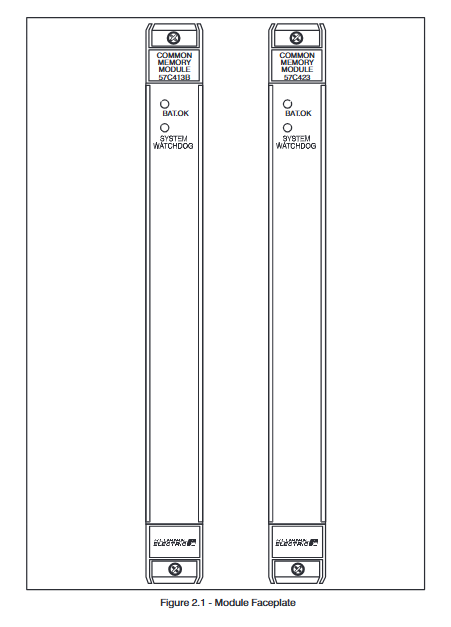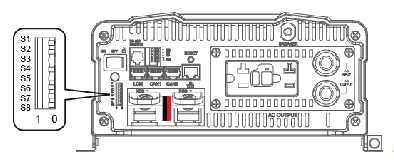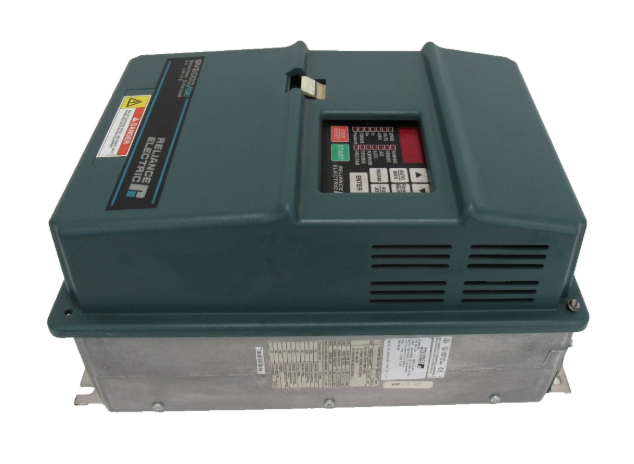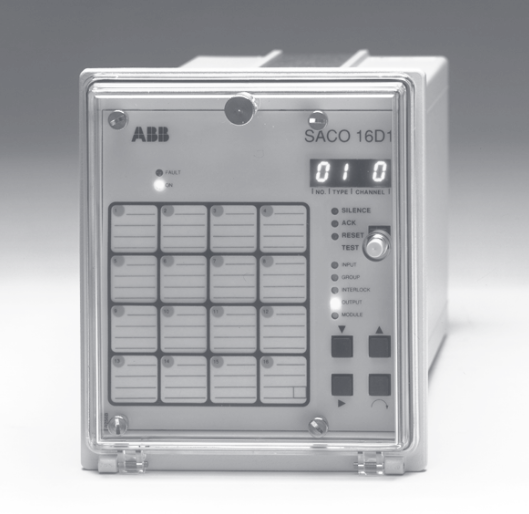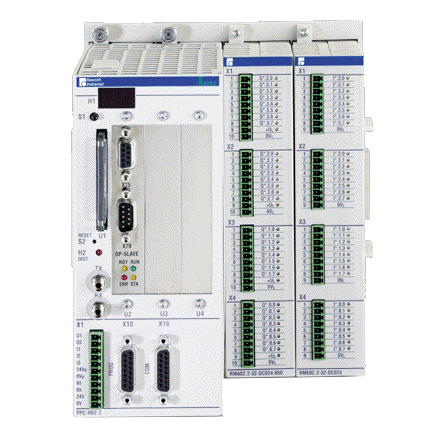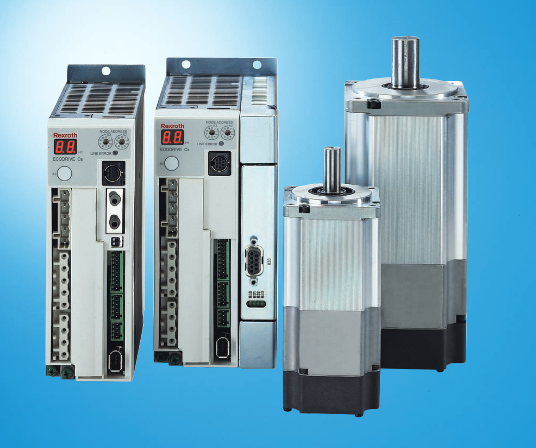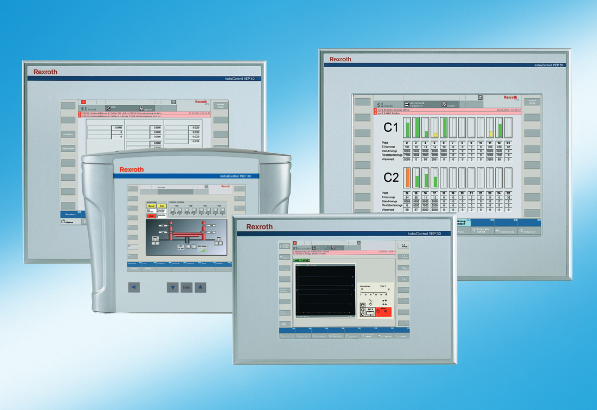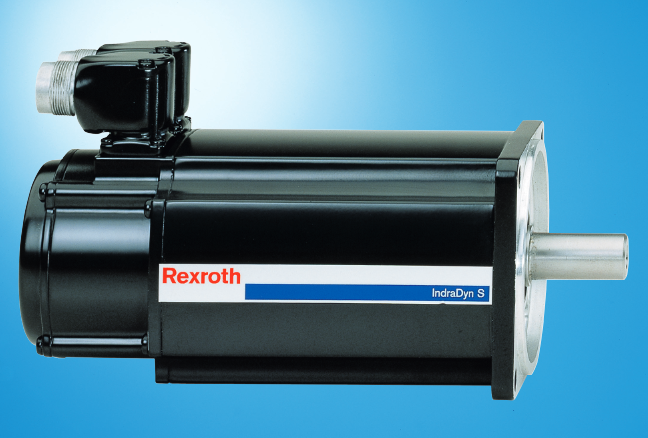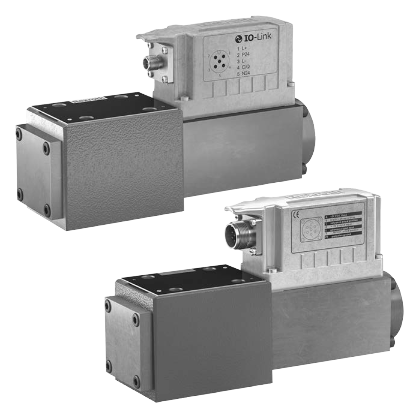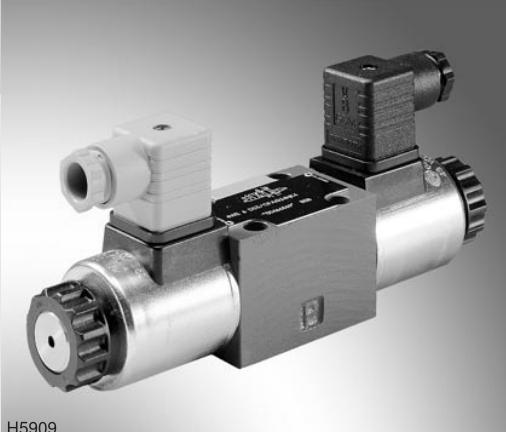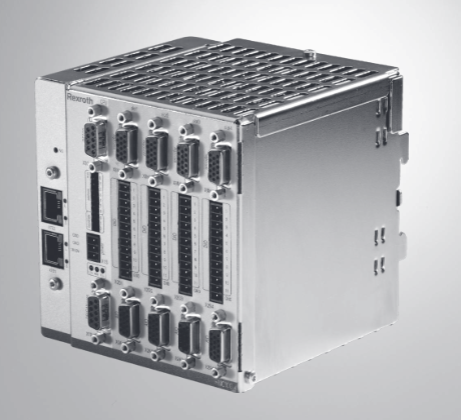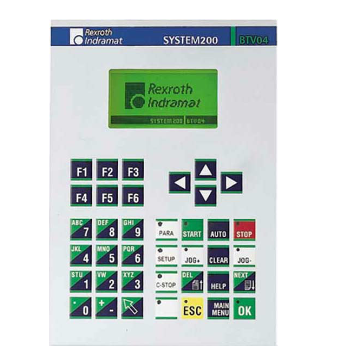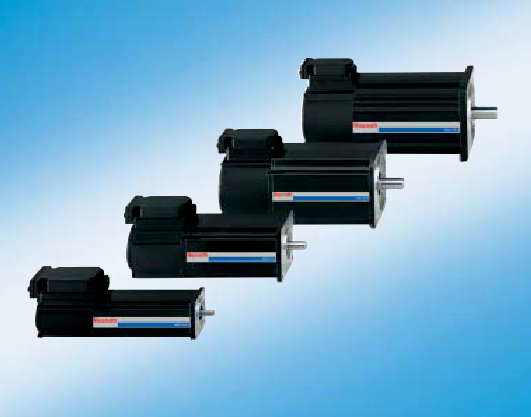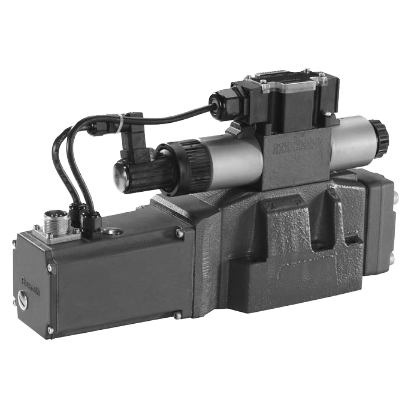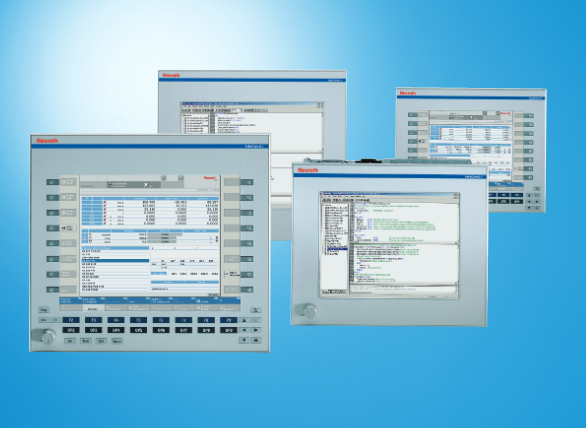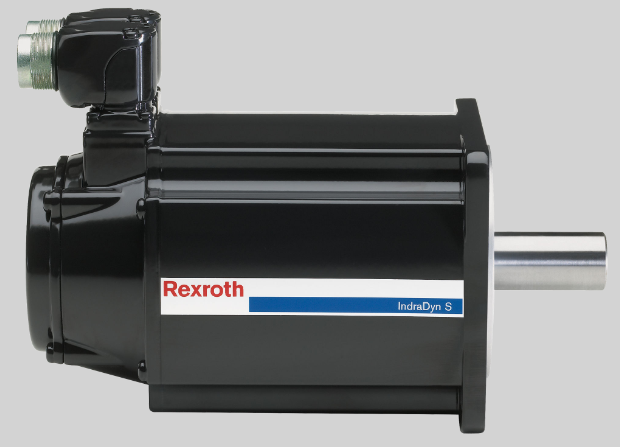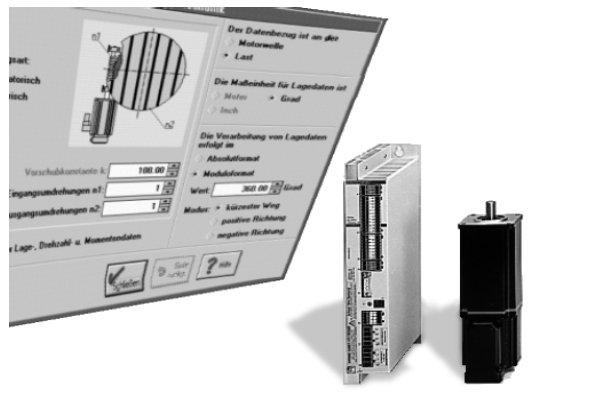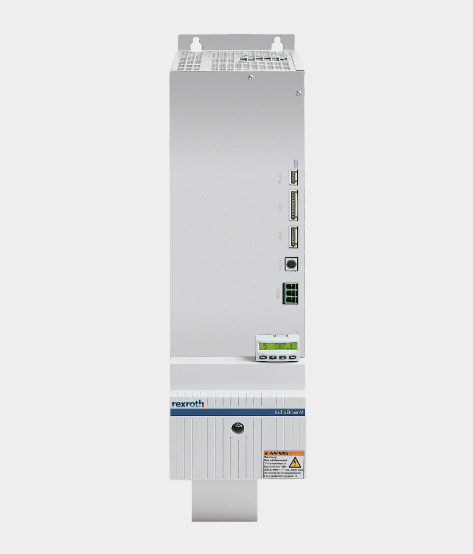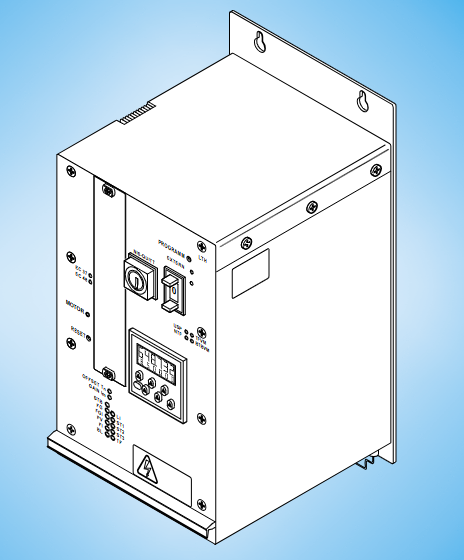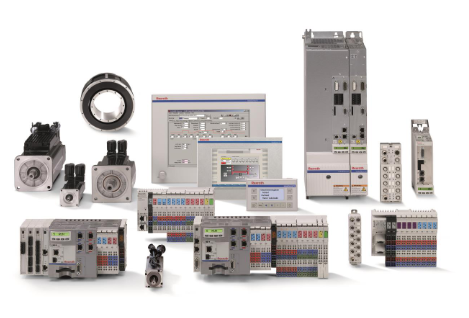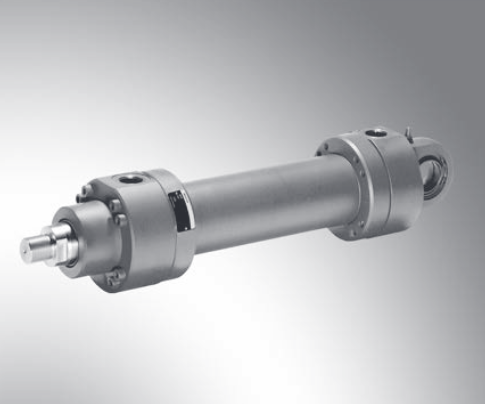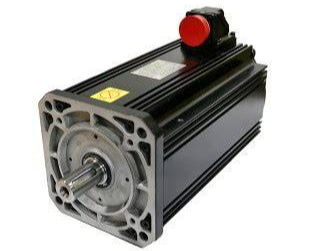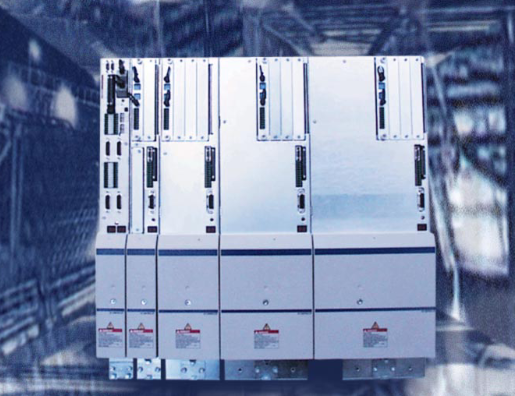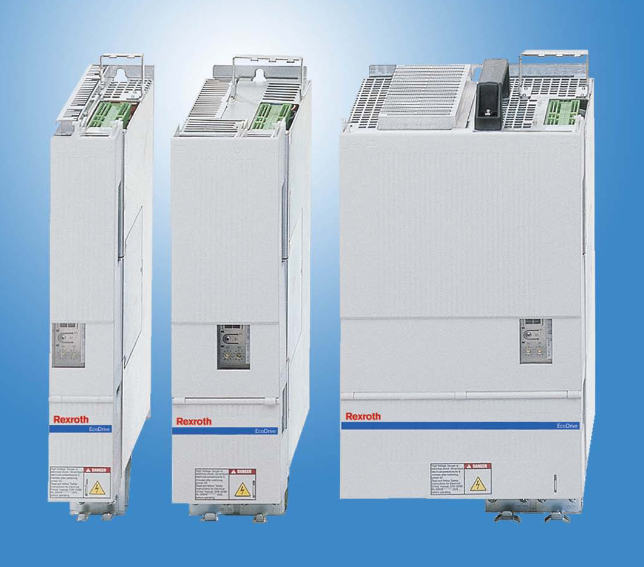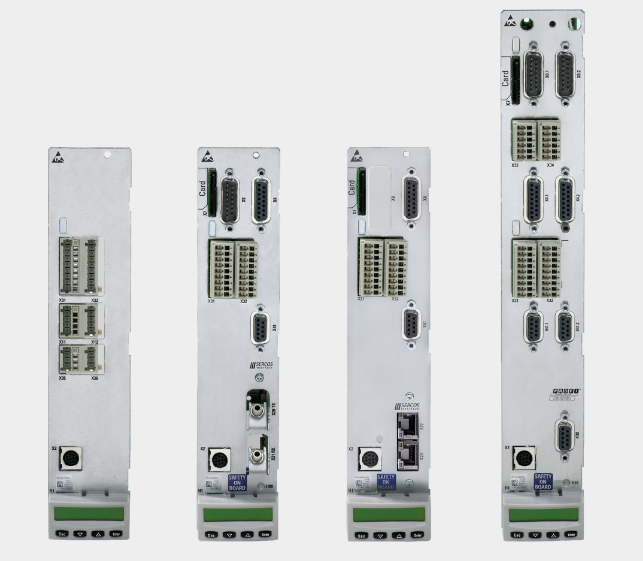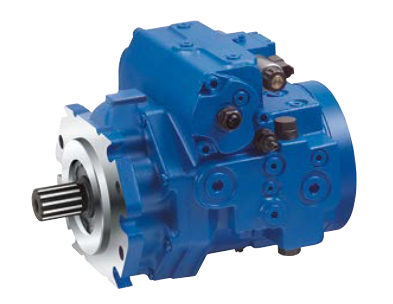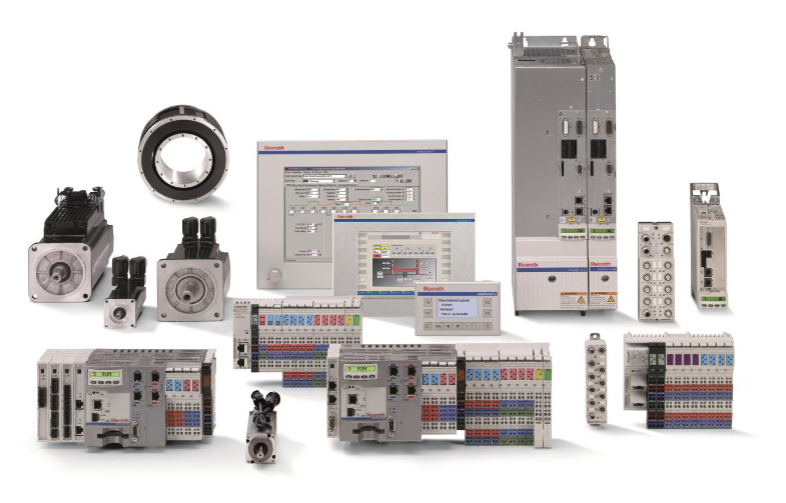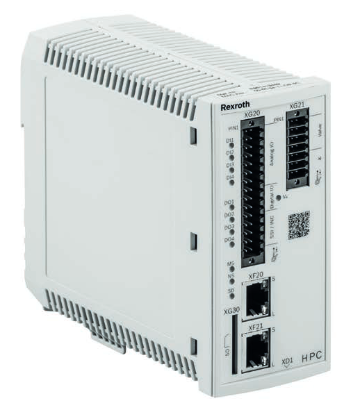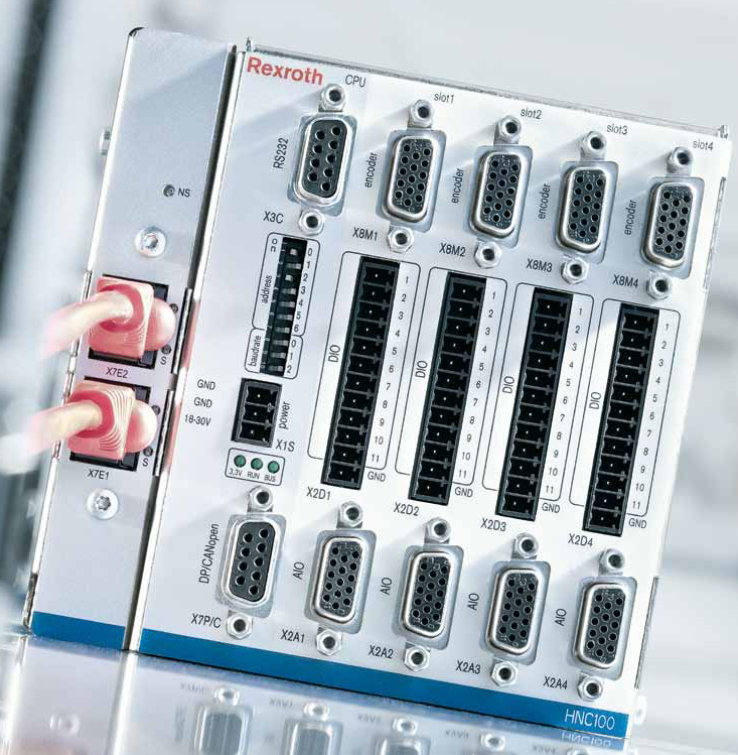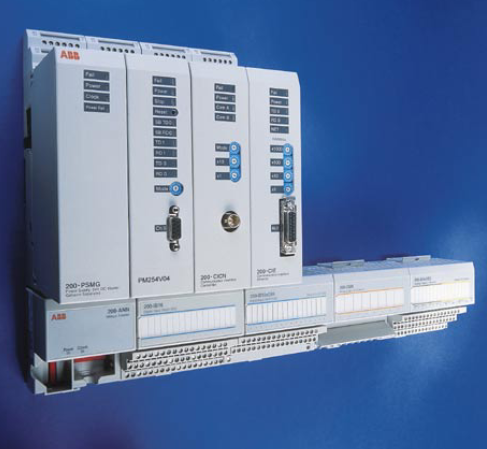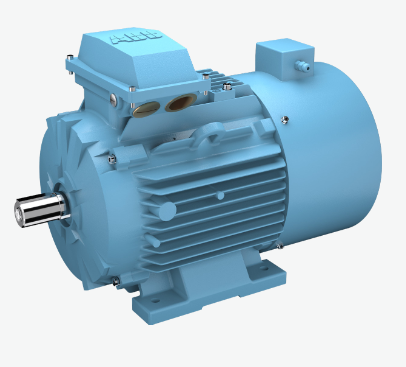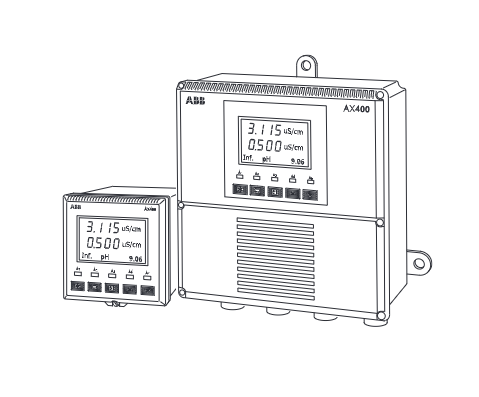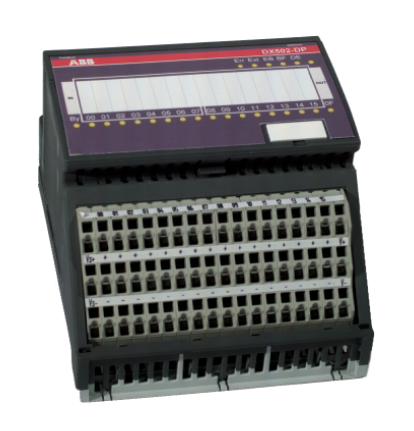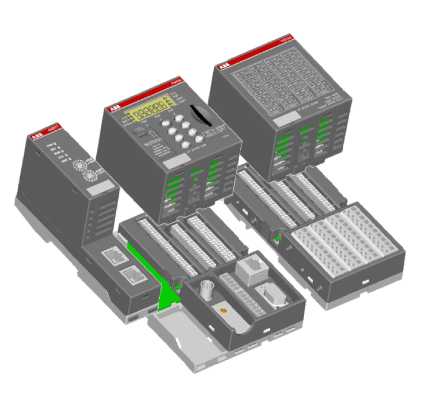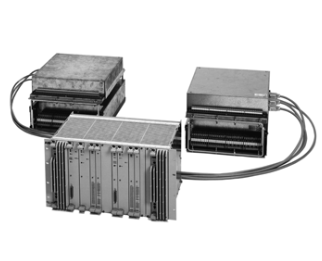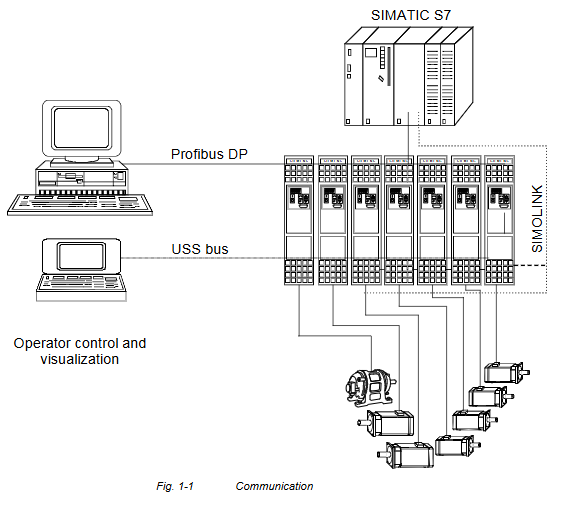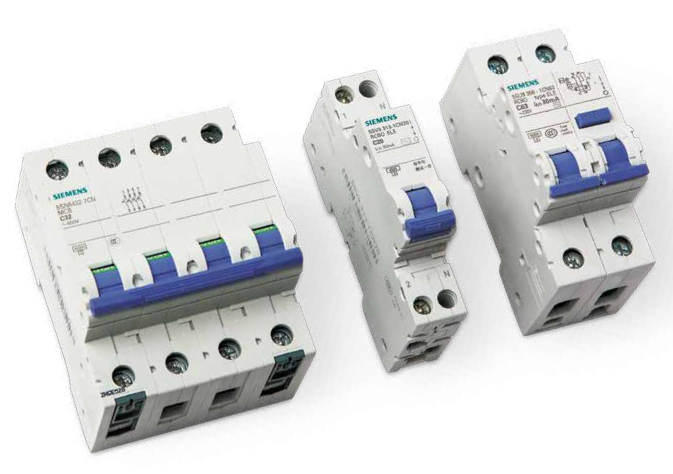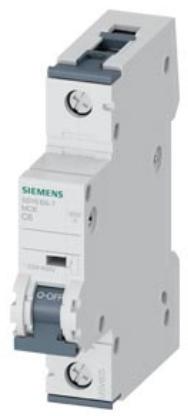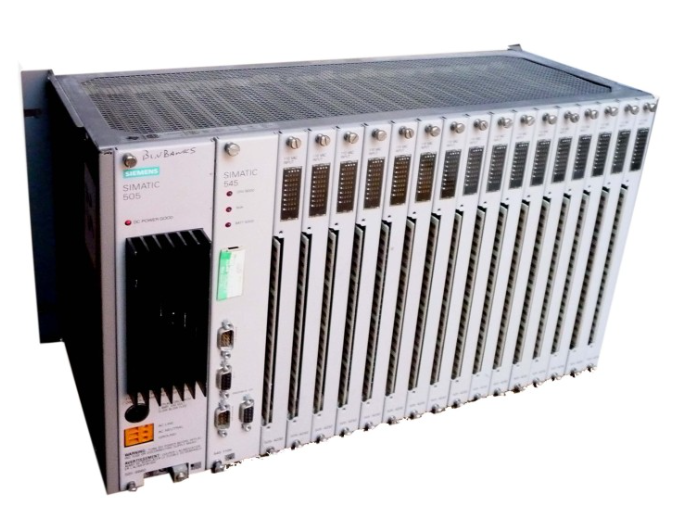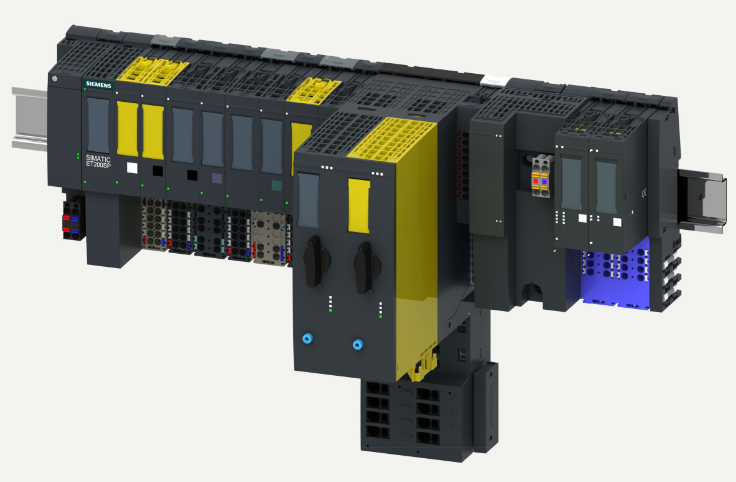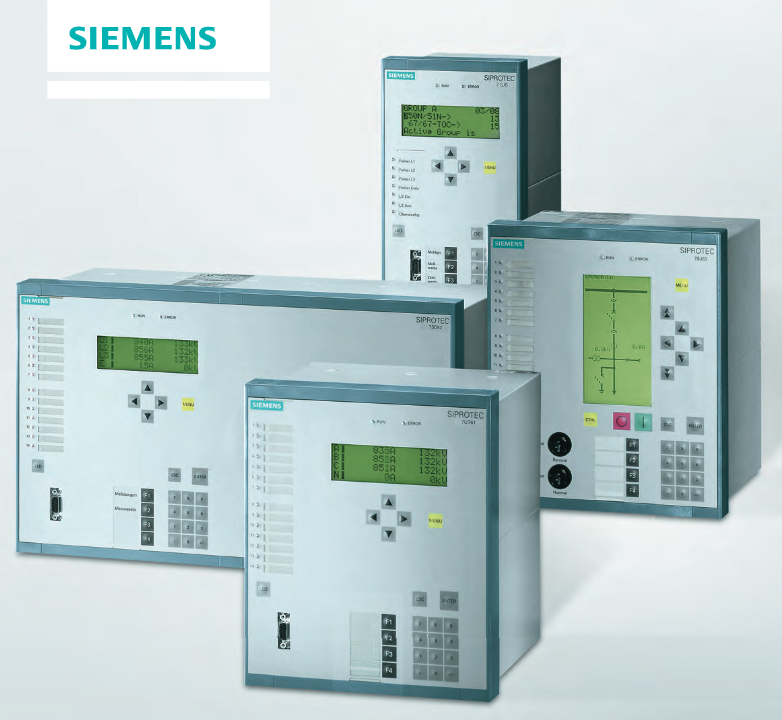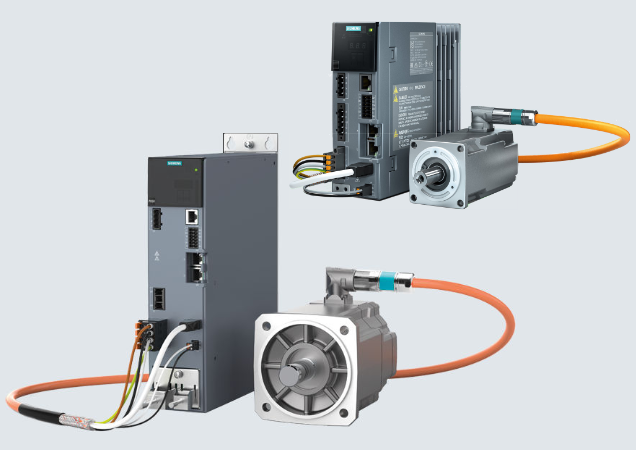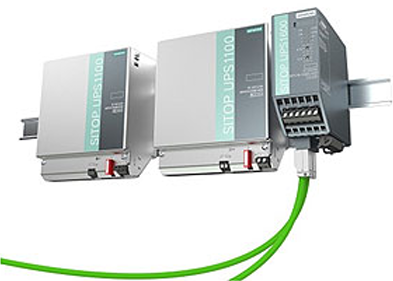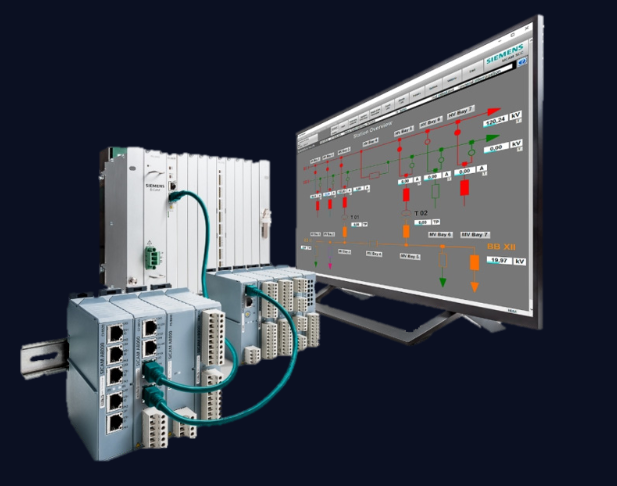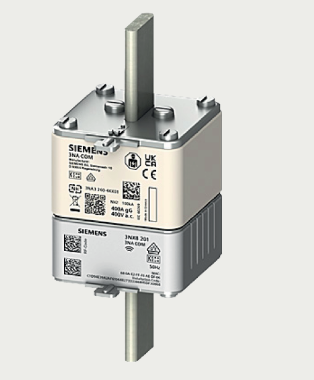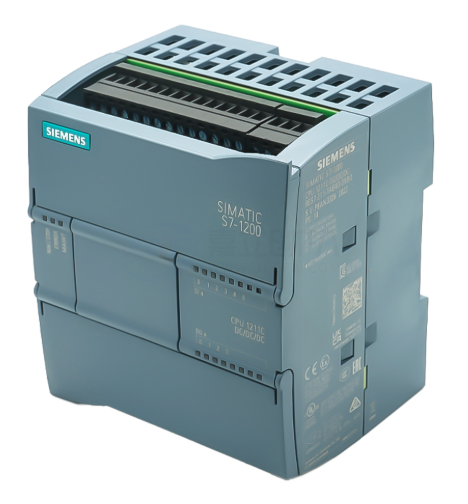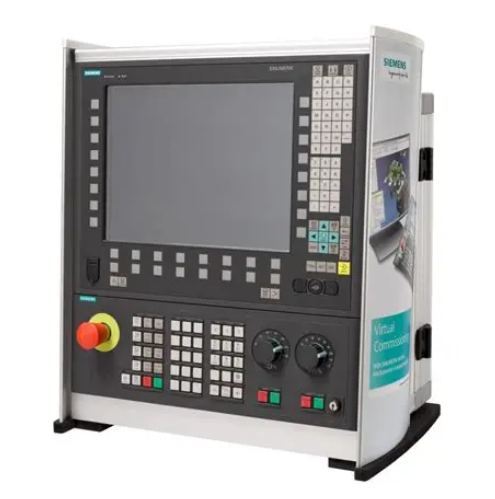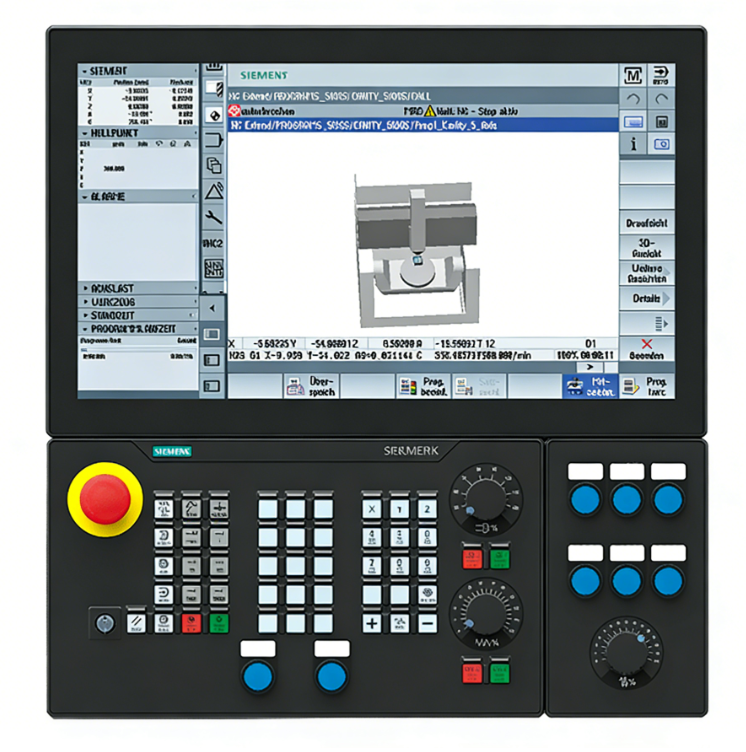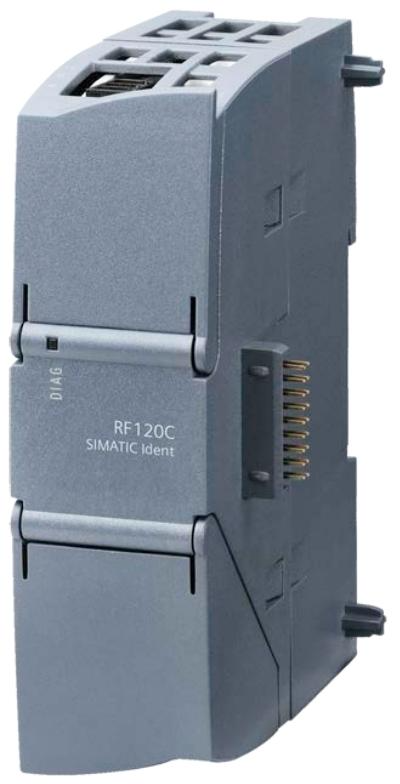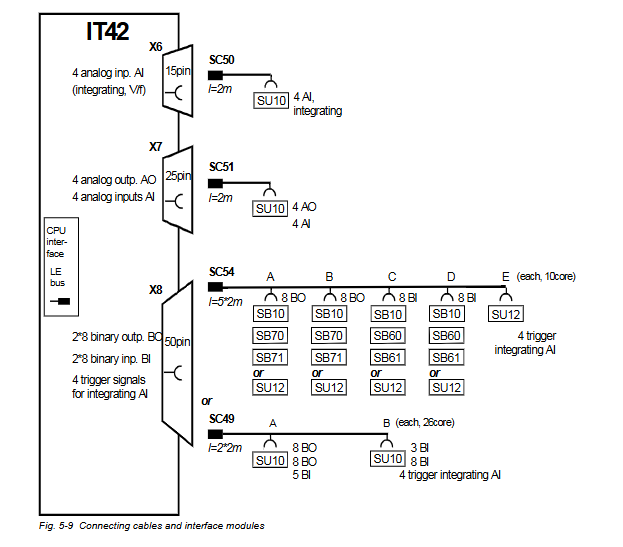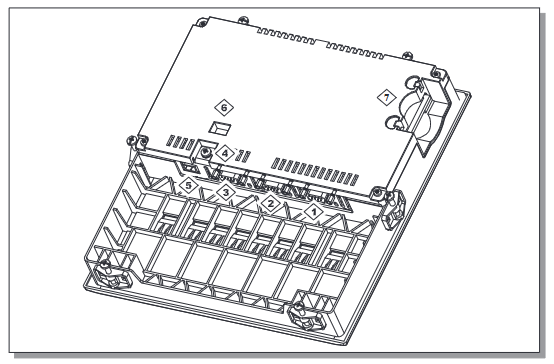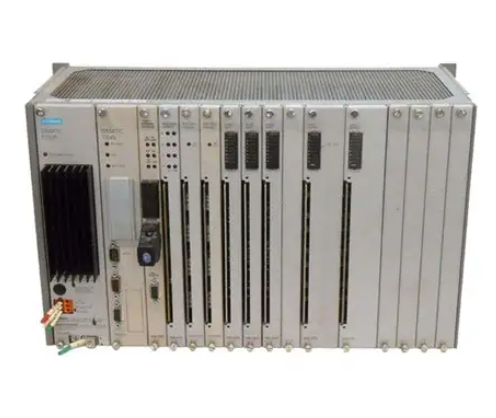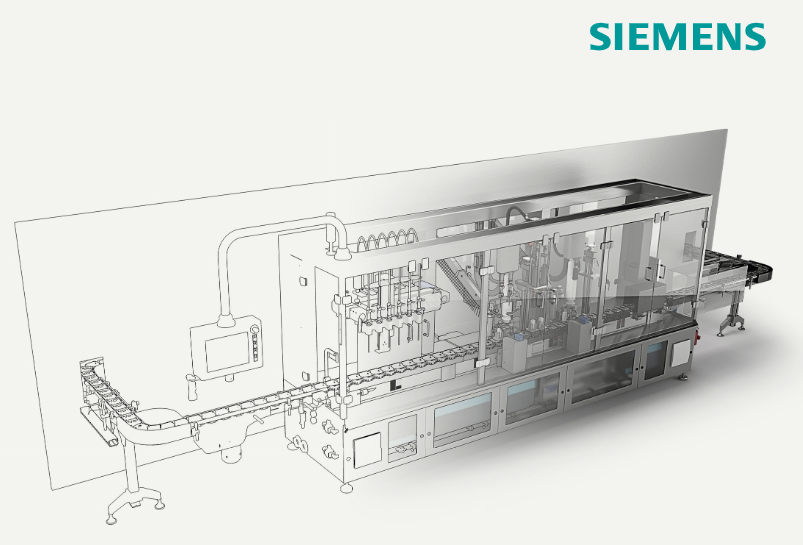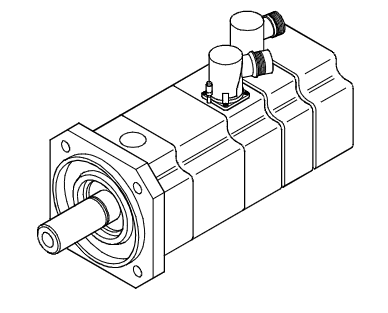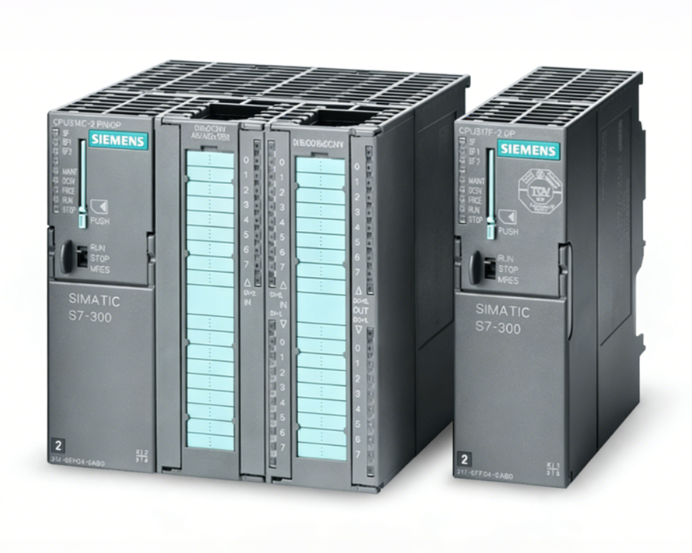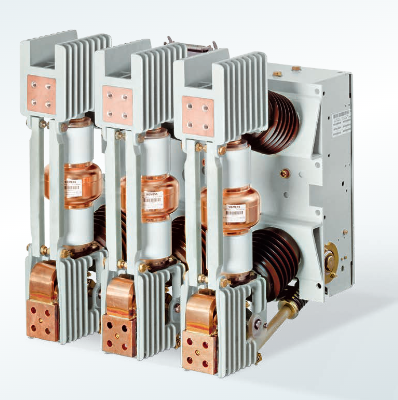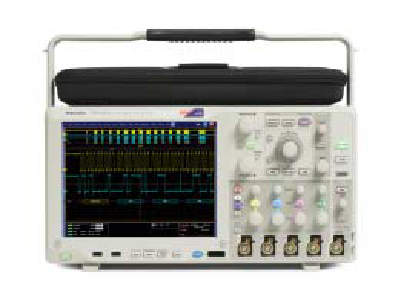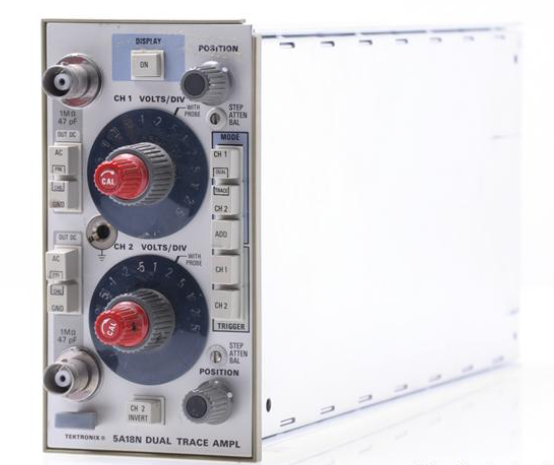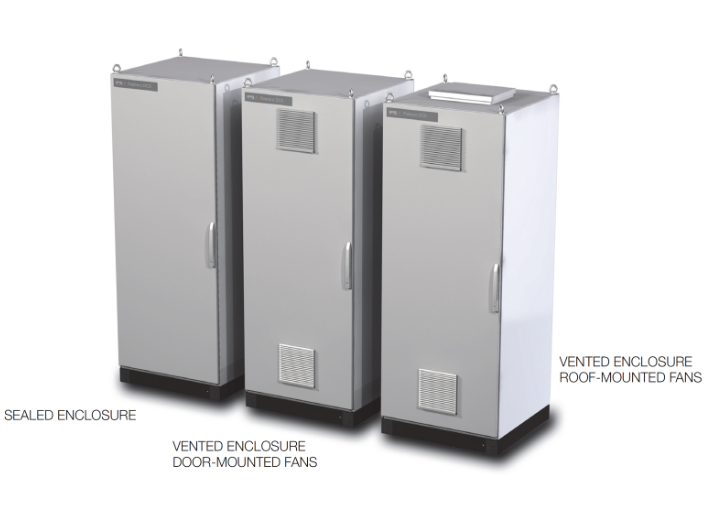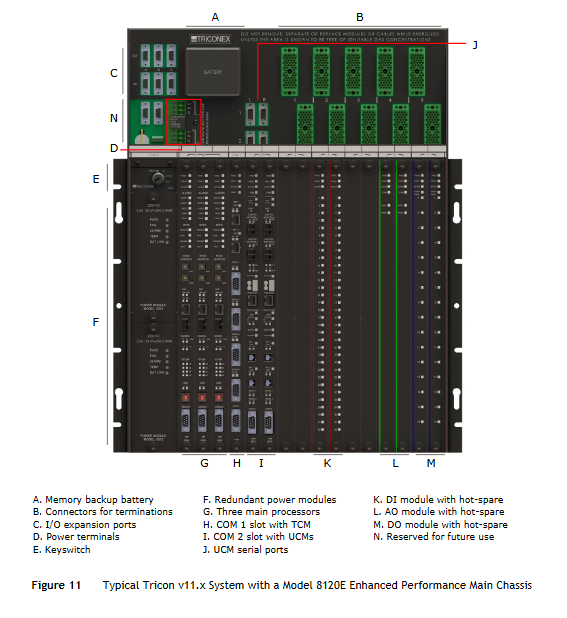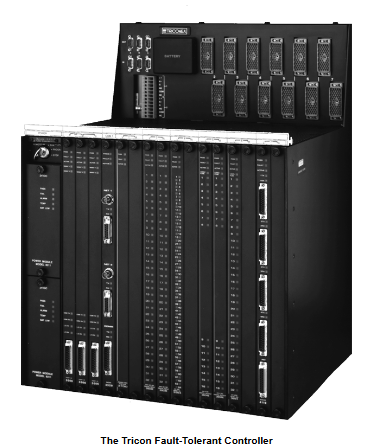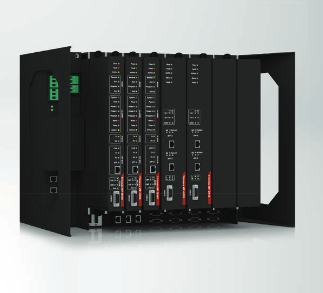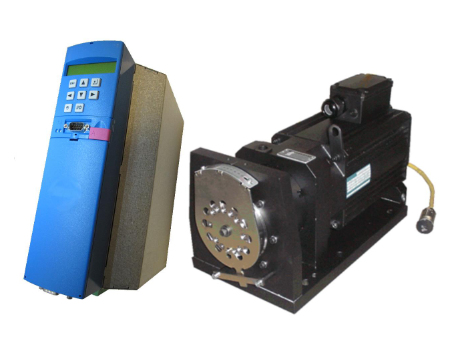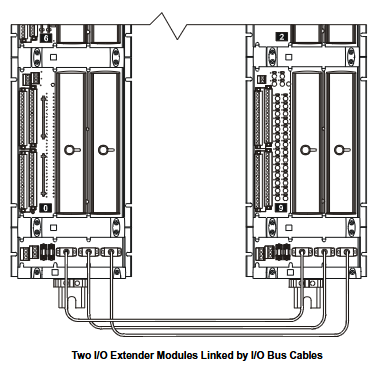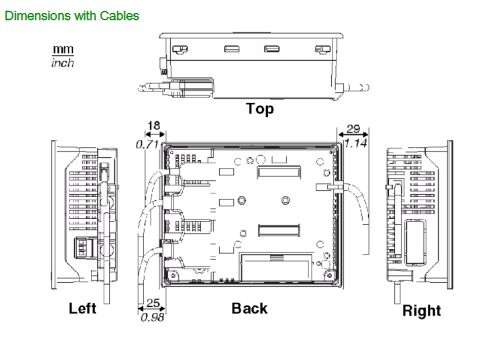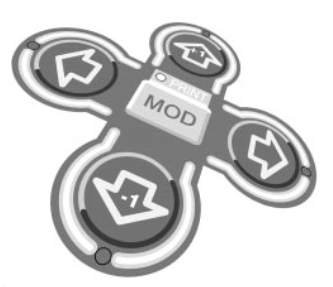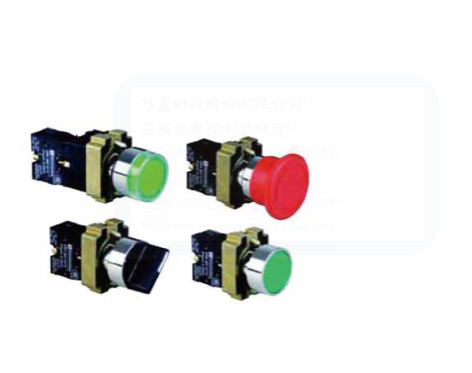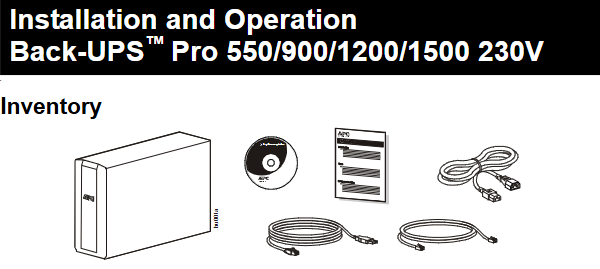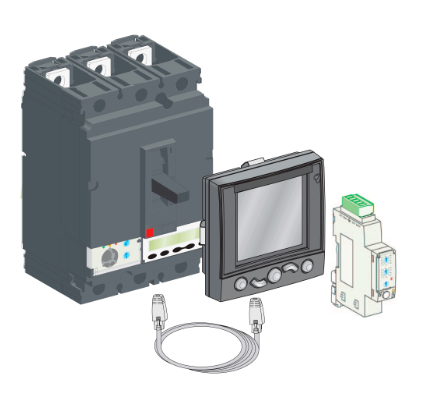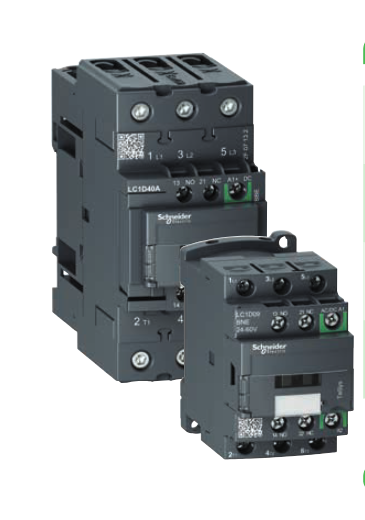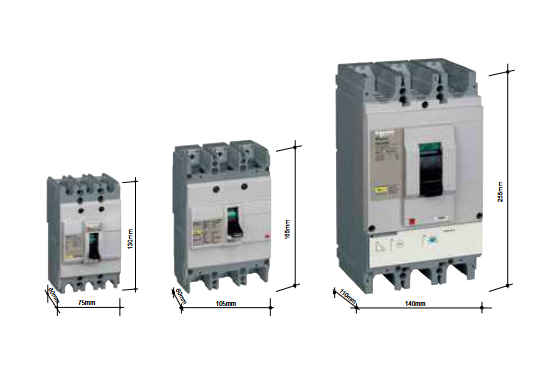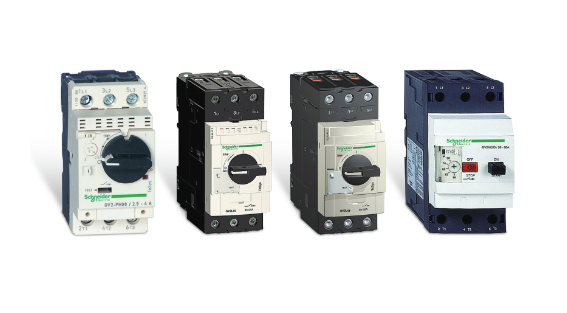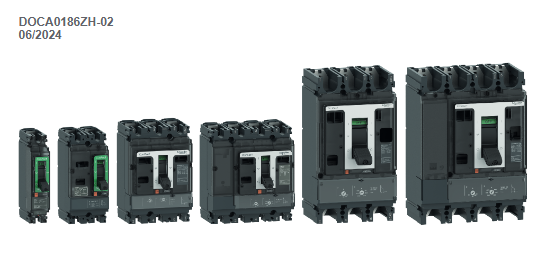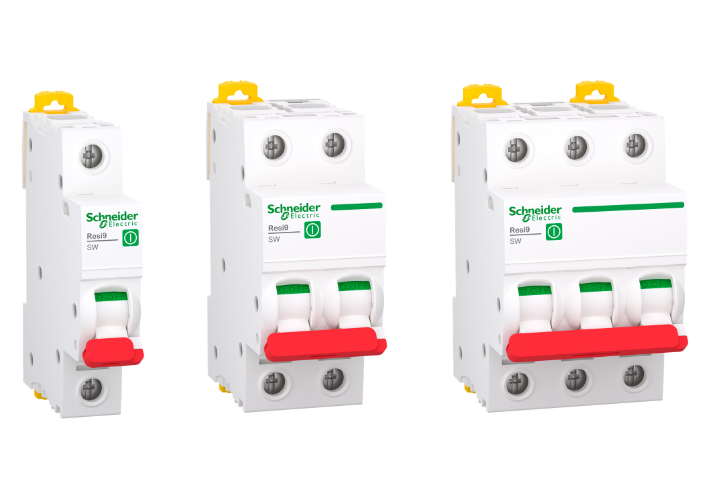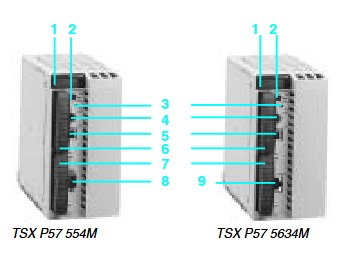

K-WANG
+086-15305925923
Service expert in industrial control field!
Product
Article
NameDescriptionContent
Adequate Inventory, Timely Service
pursuit of excellence


Ship control system
Equipment control system
Power monitoring system
Current position:
Brand
Description
**ABB Robot IRC5 3HAC025562-001/03 Capacitor Unit Description**
ABB Robot IRC5 3HAC025562-001/03 Capacitor Unit - Advanced Control Module for Industrial Robots
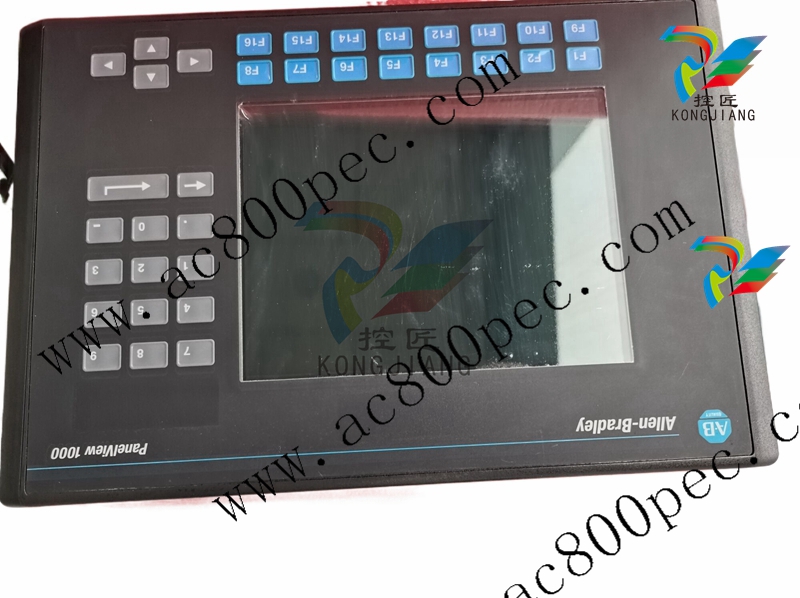
ABB Robot IRC5 3HAC025562-001/03 Capacitor Unit - Advanced Control Module for Industrial Robots
**ABB Robot IRC5 3HAC025562-001/03 Capacitor Unit Description**
The ABB Robot IRC5 3HAC025562-001/03 Capacitor Unit stands out as a highly efficient and reliable component within the ABB automation products lineup, tailored specifically for demanding applications in the power industry, petrochemical sectors, and general automation. This capacitor unit is engineered to deliver robust performance metrics, ensuring durability and optimal functionality in various operational environments.
**Key Technical Features:**
The ABB Robot IRC5 3HAC025562-001/03 Capacitor Unit boasts a high input/output capacity that supports seamless integration into existing systems. With a voltage rating designed for extensive electrical requirements, this unit ensures the stability and reliability of power supply during critical operations. The capacitor unit is built with high-quality materials to withstand harsh conditions, greatly reducing the risk of failure. Its performance metrics include rapid charge and discharge capabilities, making it ideal for applications that require quick power adjustments. The unit’s compact design also allows for easy installation, saving valuable space in control panels and machinery setups.
**Real-World Usage Scenarios:**
In the power industry, the ABB Robot IRC5 3HAC025562-001/03 Capacitor Unit excels in stabilizing the voltage supply during peak loads, ensuring that power delivery remains uninterrupted. In the petrochemical sector, it is utilized to enhance process control systems, providing necessary power reserves for actuators and sensors, thus maintaining optimal functionality. Additionally, in general automation, this capacitor unit plays a crucial role in improving the efficiency of robotic systems, such as the ABB IRB 6603 HAC022157-001, by supplying consistent power to control modules.
**Comparison with Other Models:**
Compared to other models within the ABB lineup, the ABB Robot IRC5 3HAC025562-001/03 Capacitor Unit offers unique advantages. For instance, while the ABB PM856AK01 Processor Unit provides excellent processing power, it relies on stable power delivery, which the capacitor unit supplies. Similarly, the ABB 07DI92 Digital Input Module may depend on the reliability offered by the capacitor unit to ensure accurate data gathering. The ABB Robot IRC5 3HAC025562-001/03 outperforms the ABB DO815 Digital Output Module in terms of energy management, providing a more stable power source during operation.
**Complementary Models:**
The ABB Robot IRC5 3HAC025562-001/03 Capacitor Unit works synergistically with several other ABB models. For instance, the ABB S200-IE8 Analog Input Module enhances data acquisition capabilities when paired with the capacitor unit, allowing for precise control in power management. The ABB 57310001-PK Communications Module ensures effective communication, while the ABB 35AB94 GJR5142800R0001 Digital Output Module relies on the stability provided by the capacitor unit. Furthermore, the ABB HIEE300115R1 SDA338AE Control Module benefits from the enhanced power stability, as does the ABB IMDSI12 16 CH Digital Input Module, which ensures accurate input readings. The ABB CI820V1 Redundant FCI Communication Module complements the overall automation system, while the ABB 3HAC020813-149 serves as an excellent main servo drive unit that aligns with the power requirements supplied by the capacitor unit. The integration of these models with the ABB Robot IRC5 3HAC025562-001/03 Capacitor Unit creates a comprehensive and efficient automation system designed to meet the demands of modern industrial applications.
In summary, the ABB Robot IRC5 3HAC025562-001/03 Capacitor Unit is an essential component for those seeking high reliability and performance within the power, petrochemical, and automation industries. Its unmatched features and compatibility with a range of ABB products ensure it remains a top choice for optimizing operational efficiency.

Purchase history
| User name | Member Level | Quantity | Specification | Purchase Date |
|---|
Total 0 Record
Customer Reviews
Satisfaction :
5 Stars
No evaluation information



KONG JIANG


Add: Jimei North Road, Jimei District, Xiamen, Fujian, China
Tell:+86-15305925923




